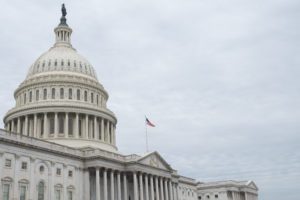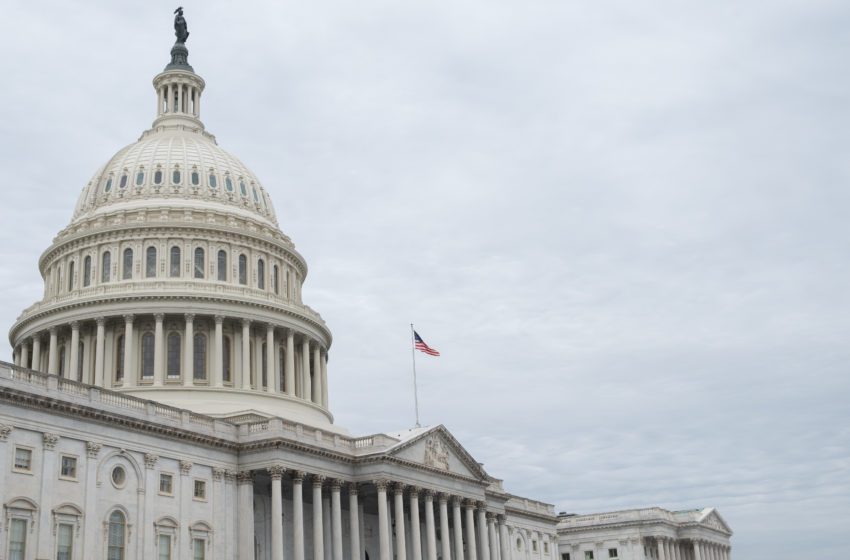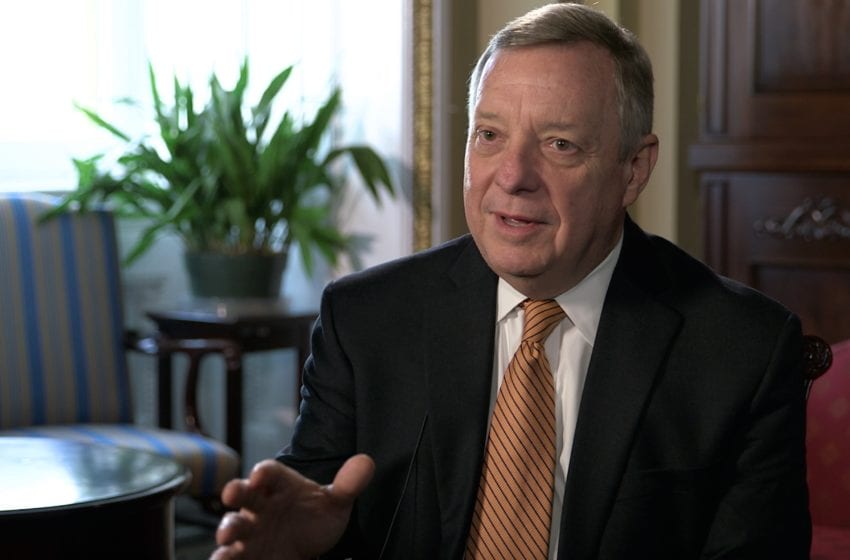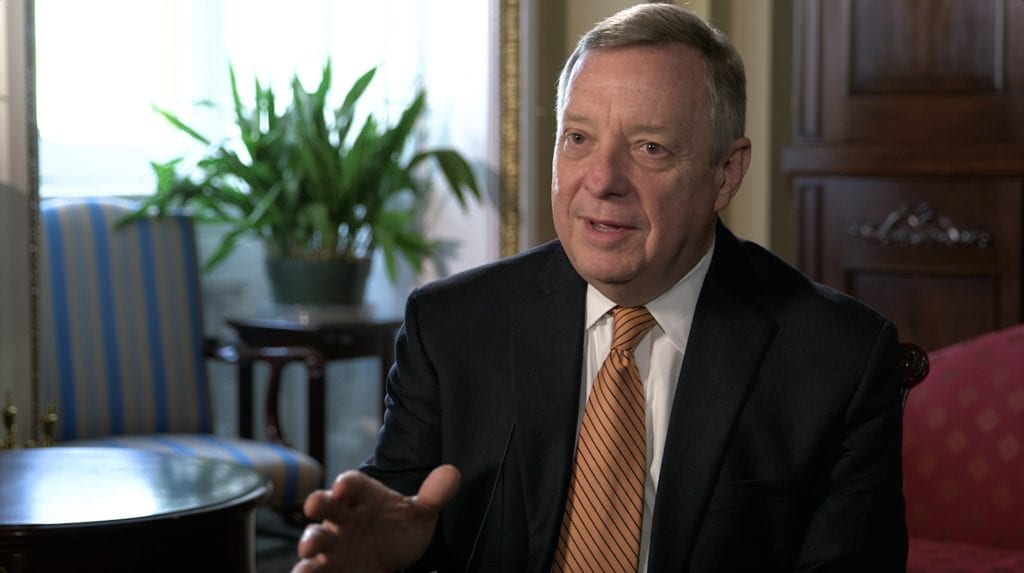Six U.S. senators have introduced legislation that would require e-cigarette manufacturers pay user fees to the Food and Drug Administration (FDA) to provide the regulatory agency. The fees would finance additional resources for the FDA to conduct stronger oversight of the e-cigarette industry and increase awareness of the danger of e-cigarettes.
U.S. Senate Majority Whip Dick Durbin joined U.S. Senators Jeanne Shaheen, Lisa Murkowski, Susan Collins, Tammy Baldwin, and Mitt Romney introduced the Resources to Prevent Youth Vaping Act to protect children from the dangers of e-cigarettes, according to press release from Durbin’s office. Companion legislation will be introduced in the House by U.S. Representatives Cheri Bustos and Brian Fitzpatrick.

“Big Vape has hooked nearly four million kids on e-cigarettes, creating a vaping epidemic that is threatening our next generation with a lifetime of nicotine addiction and disease,” said Durbin. “The FDA needs to clear the shelves of these dangerous and addictive products, and Congress needs to pass the Resources to Prevent Youth Vaping Act, which will help provide FDA with the resources to better regulate this market. Enough is enough. The health of our children cannot wait any longer.”
The Resources to Prevent Youth Vaping Act increases the total amount that will be collected in tobacco user fees by $100 million in Fiscal Year (FY) 2022 and indexes that amount to inflation for future years. The bill also authorizes FDA to collect user fees from all manufacturers of products that have been deemed as tobacco products by FDA, including e-cigarettes, according to Durbin.
Currently, manufacturers of traditional combustible tobacco products pay into FDA user fees, but e-cigarette companies are exempt due to a loophole in the law. The amount collected from individual e-cigarette manufacturers will be proportional to their share of the overall tobacco market, as determined by FDA. FDA would be able to use this additional revenue from e-cigarette user fees to conduct safety review of vaping products, prevent sales of e-cigarettes to minors, help support efforts to educate youth on the dangers of e-cigarettes and increase the agency’s oversight and enforcement capabilities.
Earlier this year, Durbin introduced the bicameral Tobacco Tax Equity Act to reduce youth tobacco use by closing loopholes in the tax code that have long been exploited by the tobacco industry to avoid regulation and taxes for their products. The bill would also apply tax parity across all tobacco products, including establishing the first federal e-cigarette tax and increased the tobacco tax rate for the first time in a decade.




